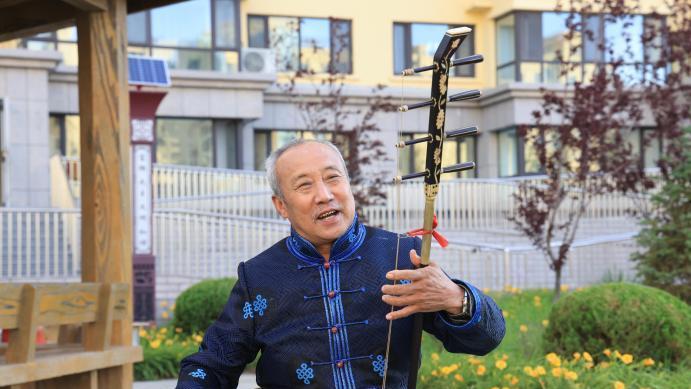China completes three tests of liquid oxygen-kerosene engines in one day, strongly supporting more launch missions
For the first time, the Baolongyu test site of the Institute 165 of the Sixth Academy under the state-owned space giant China Aerospace Science and Technology Corporation (CASC), successfully completed three consecutive acceptance tests of liquid oxygen-kerosene engines in one day on Sunday.
This milestone represents a significant advancement in China's ability to test and verify the main propulsion engines of next-generation launch vehicles, supporting more frequent launch missions, the Global Times learned from the Sixth Academy.
The Baolongyu site has been operational since January 2005. The site's task of conducting the acceptance test of liquid oxygen-kerosene engines is essential for the accurate assessment of the engine's performance. Each liquid oxygen-kerosene engine is required to pass a process test before being delivered for flight.
In a press release the academy provided to the Global Times on Sunday, the academy highlighted that completing three tests in a single day for two types of oxygen-kerosene engines is a first in China.
In recent years, with strong support from relevant authorities, Institute 165 has leveraged its comprehensive capability enhancement projects, incorporating a series of digital empowerment and technological innovation measures, resulting in a marked improvement in operational efficiency. As a result, the preparation time for the liquid oxygen-kerosene engine acceptance tests was reduced from five days to three, and later to two.
The institute initiated the construction of advanced test units to strengthen testing foundations, accelerate the transformation toward excellence, and promote goals such as the digital improvement of the testing system, digital control of the testing process, and innovation in test organization models, thereby deeply empowering the transformation and upgrading of scientific research and production models, it said in the press release.
In the future, the institute will continue to build new quality productive forces in liquid propulsion testing, focusing on enhancing standardization of testing processes, visual management on-site, and digital integration and coordination. It will further optimize operational workflows, strengthen process control, and improve quality levels, ensuring the on-time delivery of China's next-generation launch vehicle main propulsion engines, it vowed.
Photos
Related Stories
- China's Long March-8A rocket set for maiden flight in January 2025
- China completes three rocket engine ignition tests in single day
- China’s southern Hainan Province plans to unveil a super satellite manufacturing hub in 2025
- China conducts successful static firing test of XZY-1 verification rocket
- China launches Pakistani satellite, two others
Copyright © 2025 People's Daily Online. All Rights Reserved.









